
The Comptroller-General of Customs (CGC), Dr. Bashir Adewale Adeniyi, has said that the Unified Customs Management System popularly known as B’Odogwu is reshaping the nation’s trade landscape through faster, more transparent and globally aligned cargo clearance processes.
He made this known while presenting a paper titled “B’Odogwu as Game Changer for Optimal Trade Facilitation: The Journey So Far” at the 2025 Annual Conference and Award of the Association of Maritime Journalists of Nigeria (AMJON) on Thursday in Lagos.
According to him, the introduction of B’Odogwu signalled a decisive shift toward a fully digital, data-driven and integrated Customs administration, in line with Nigeria’s obligations under the WTO Trade Facilitation Agreement, the African Continental Free Trade Area (AfCFTA) and the Nigeria Customs Service Act 2023.
Describing B’Odogwu as the digital backbone of modern Customs operations, he explained that the home-grown platform unifies Form M, PAAR, declarations, manifests, duty payments and cargo release into a single web-based system that links Customs with CBN, banks, SON, NAFDAC, FIRS and other regulatory agencies.
The CGC who was represented by the Public Relations Officer of the Lagos Free Trade Zone Customs Command, CSC Abiola Abdullahi-Lagos, noted that such integration is unprecedented in Nigeria’s trade ecosystem.
Reviewing the implementation journey, the CGC said the system was piloted at PTML in late 2024 where more than 16,000 declarations were processed before being expanded to Apapa, Tin Can Island, Onne, Lagos Free Trade Zone and the Oil & Gas corridor. According to him, some ports and borders now operate fully on B’Odogwu.
He reported significant reduction in clearance timelines, with some compliant stakeholders completing end-to-end processes within 4 to 8 hours. The system, he stated, has cut dwell time, improved transparency, strengthened accountability and reduced opportunities for manipulation by creating immutable digital footprints.
Adeniyi added that B’Odogwu’s enhanced risk management capabilities allow Customs to differentiate between high-risk and compliant traders, enabling quicker release of low-risk consignments while focusing enforcement resources where necessary.
The CGC acknowledged initial challenges such as SONCAP transmission delays, system slowdowns, internet limitations and user adaptation from NICIS II, describing them as natural in major reforms. He said the Service had addressed these issues through continuous system upgrades, stakeholder engagement, inter-agency coordination and extensive training.
He emphasised the critical role of maritime journalists in ensuring the success of the reform, urging them to provide accurate reportage, counter misinformation and offer constructive oversight as the system stabilises nationwide.
Adeniyi outlined the Service’s next steps, which include consolidating the nationwide rollout, deepening inter-agency harmonisation, enhancing user support and maintaining active media collaboration.
He concluded that B’Odogwu is positioning Nigeria for a smarter, more competitive and technology-driven trade environment capable of attracting investment and reducing the cost of doing business.


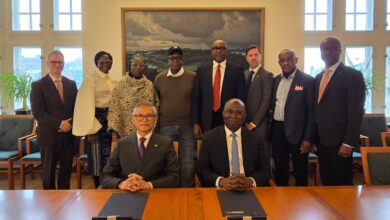

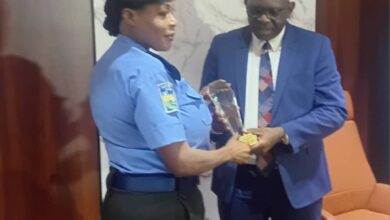
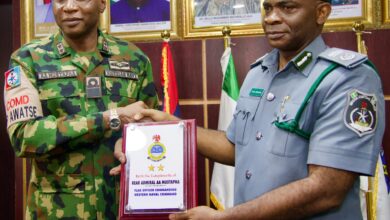
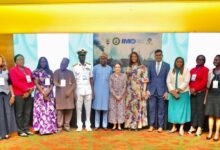
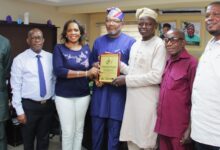
old9t5